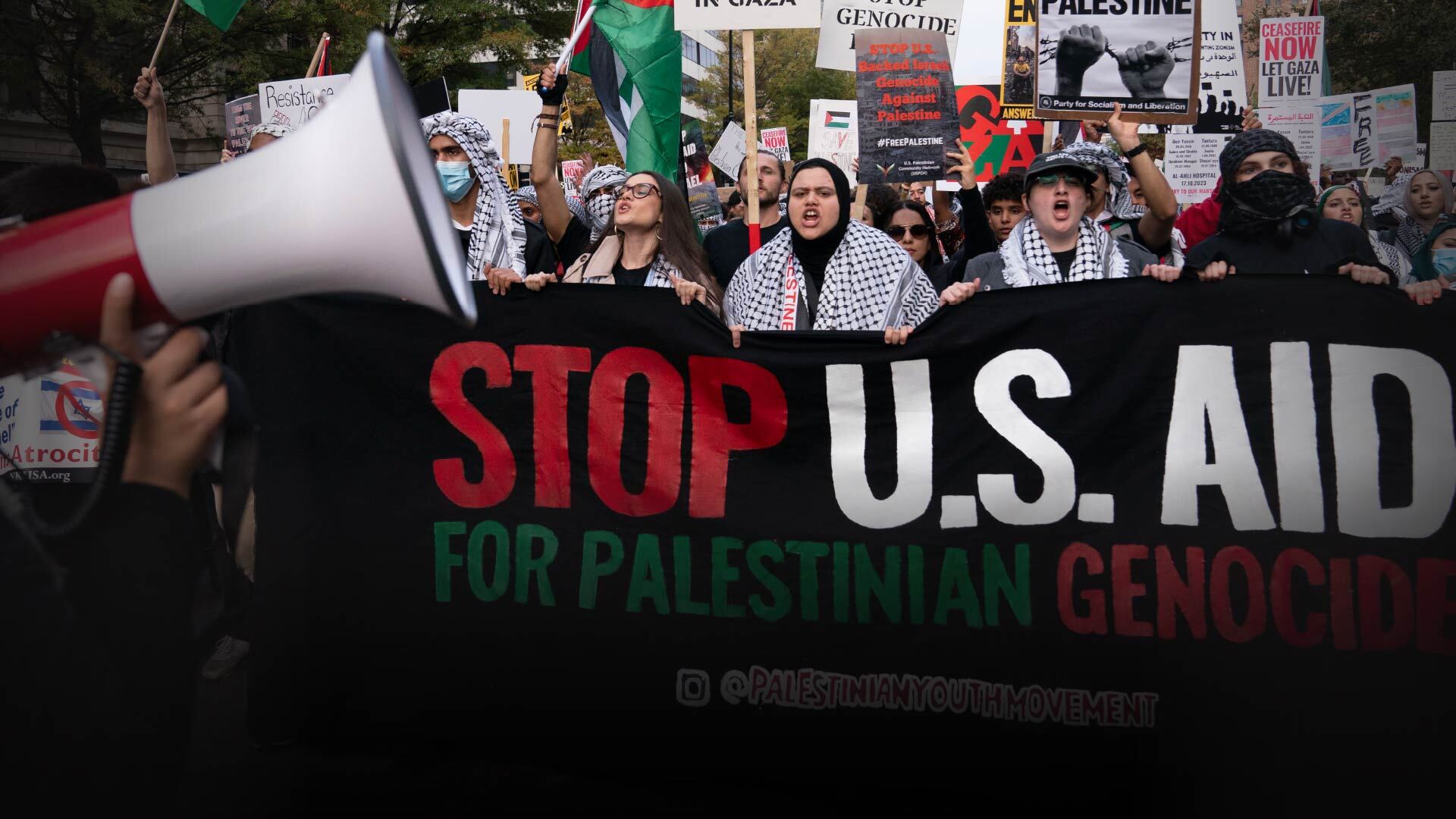Al Jazeera journalist Samir Sassi has been arrested by Tunisian “anti-terrorism” officers at his home in Tunis.
According to Sassi’s wife, a squad of officers raided their home on Wednesday night, going through the family’s possessions and confiscating mobile phones from every member of the family as well as Sassi’s laptop and copies of novels he had written and published locally in Tunisia.
According to Al Jazeera Bureau Director Lotfi Hajji, a team of lawyers spent nearly 12 hours after Sassi’s arrest to try to ascertain where he had been taken.
Mysterious detention, worried family
“They went from one police station to another, one court to another, until finally they were able to find out that he had been taken to the anti-terrorism unit in Ariana,” Hajji said. Ariana is a province just north of the capital Tunis.
Thus far, Hajji added, the government has not provided any information regarding what Sassi might be charged with and it is not expected that there will be any such announcement before 48 hours have passed since his arrest.
Tunisia implements an automatic 48-hour period during which a detained person cannot access a lawyer if they have been arrested on “terrorism-related” charges.
Sassi’s wife and children are still shaken by the experience and are very worried about him, Hajji said. While Sassi is generally in good health, it is hard to guess what conditions he is being held in and what impact that will have on him physically, he said.
Sassi’s youngest child, Moayed el-Hak, is six years old and lives with chronic health issues. His three older siblings are his brother Mortadha, 19, sister Tuqa, 16, and brother Mohamed, 13.
Stifled freedoms
Freedom of the press has been dramatically curtailed in Tunisia, not least following the introduction of Decree 54 in September 2022.
While the law is ostensibly to target the spreading of false information online, it has been used to target journalists and online activists, with at least 20 journalists, critics and activists arrested under it so far, Human Rights Watch (HRW) said.
Al Jazeera’s bureau was closed by President Kais Saied’s government in July 2021 when Saied was engaged in a power grab at the end of which he was ruling the country by decree and had hobbled all its institutions.
Al Jazeera journalists are still accredited in Tunisia and continue their work.
Tunisia has come under increasing international pressure since its racially charged crackdown on the undocumented Black migrants who travel from across Africa to enter the country, as well as its increasingly authoritarian responses to most forms of criticism.
Currently, many opposition members, including Rached Ghannouchi, the leader of the self-styled Muslim Democrats, Ennahda, are in prison.
Most recently, police arrested three journalists – Khalifa Guesmi of Mosaique FM; Chadha Hadj Mbarek; then well-known radio journalist Zied el-Heni on December 28, charging him with insulting the Tunisian commerce minister, Kalthoum Ben Rejeb, on his radio programme, Emission Impossible, the same day.
The National Syndicate of Tunisian Journalists had held a meeting to discuss how to help Guesmi, Mbarek and el-Heni on January 3, hours before Sassi’s home was stormed.
Responding to the current wave of arrests, Salsabil Chellali, HRW’s Tunisia director, told Al Jazeera: “The arrest of these journalists is an ominous start to 2024.
“We’re still finding out the details of Sassi’s arrest, but it’s clear that, this year, the threats against the free press and journalists are becoming action.”

